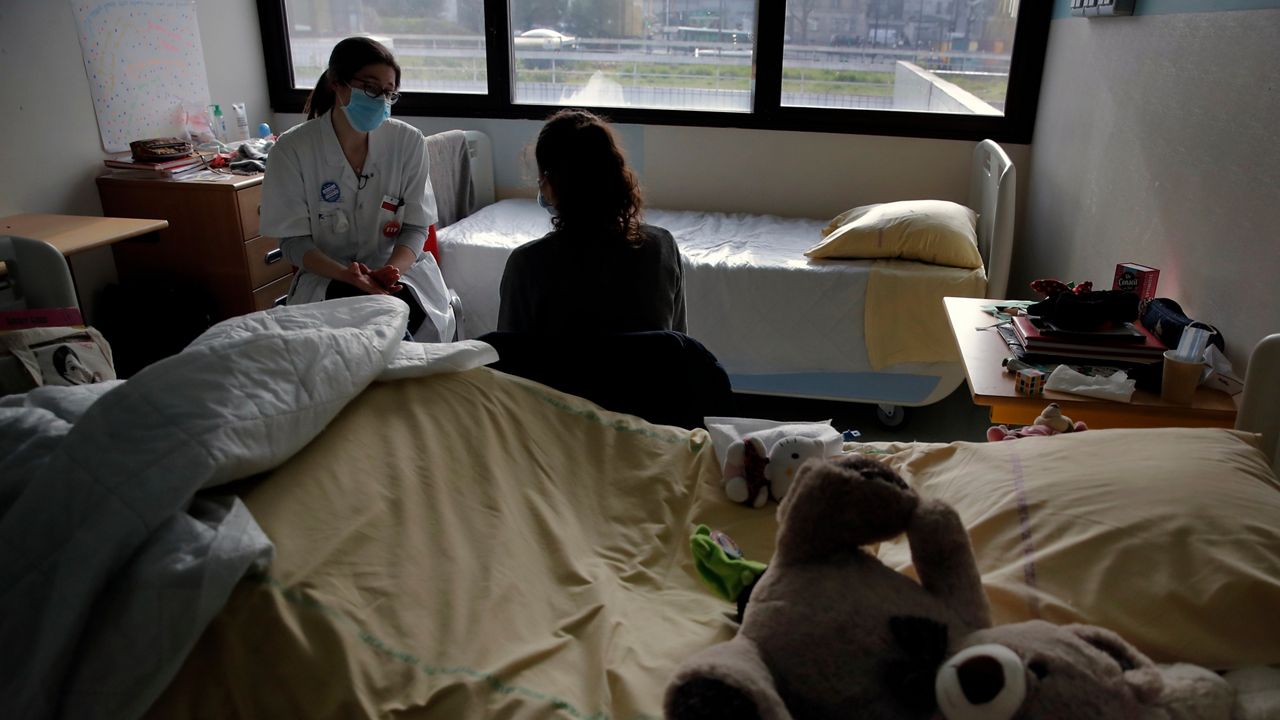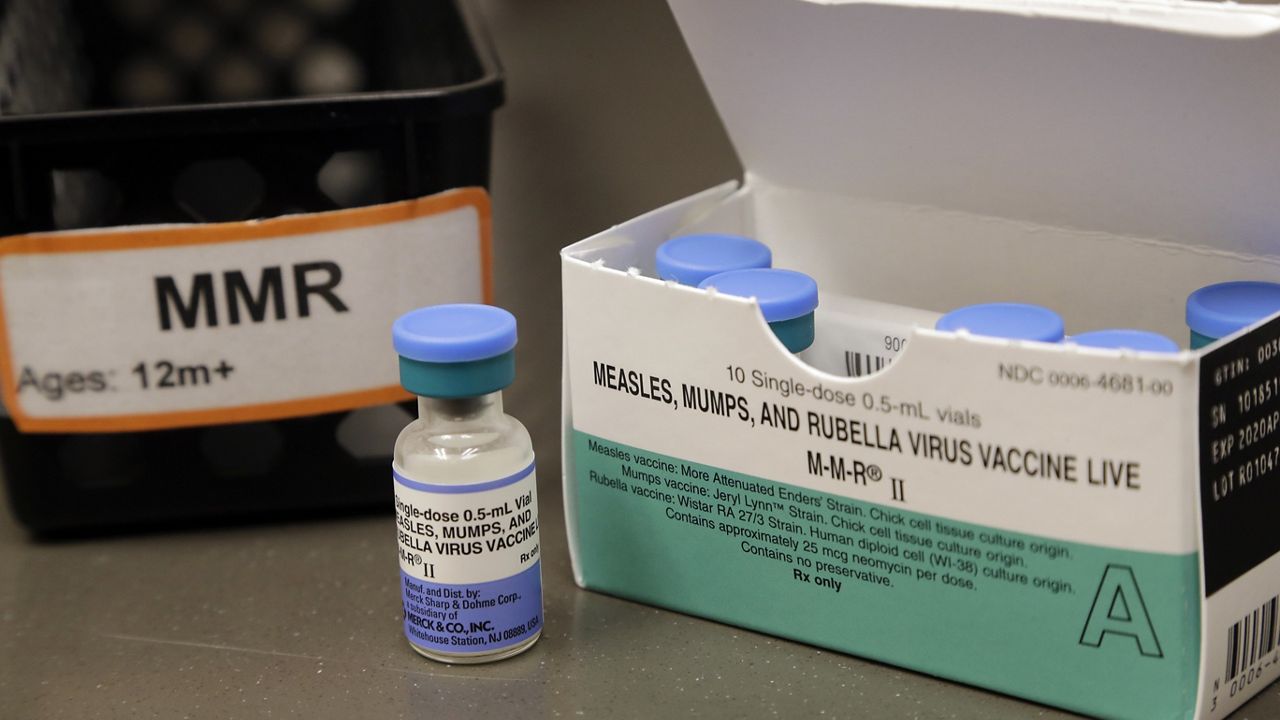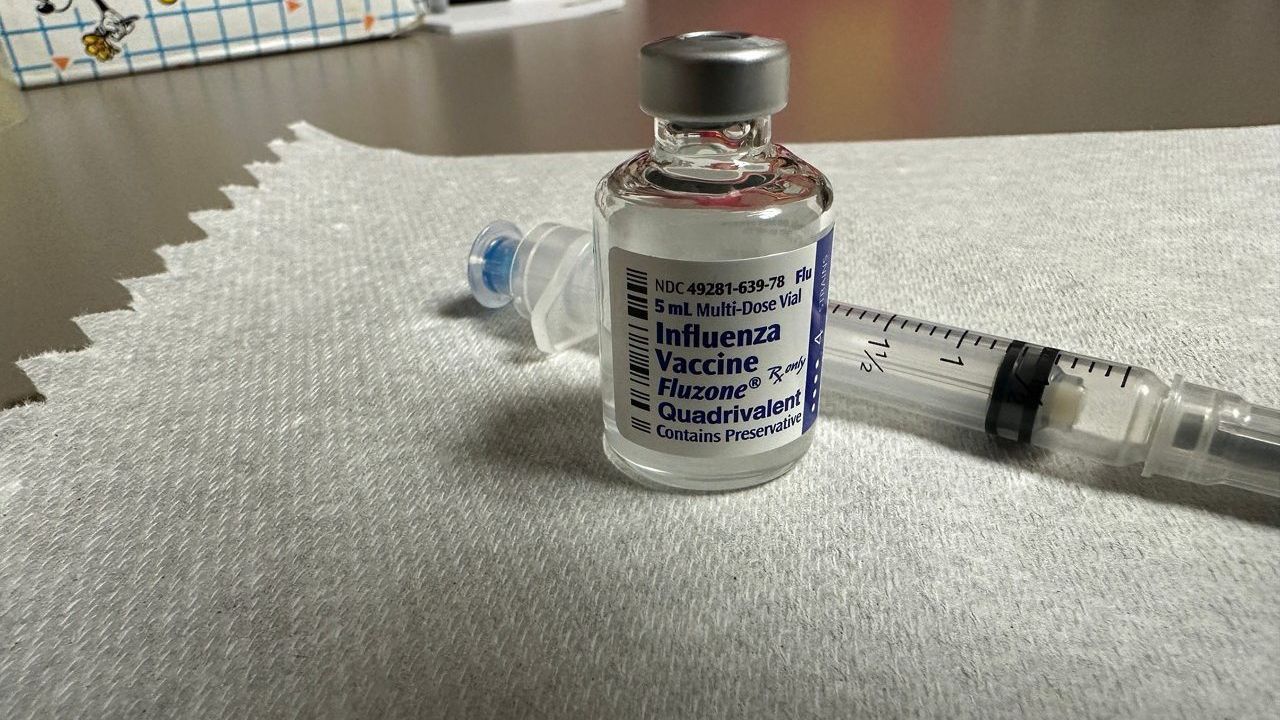TEXAS — Mental Health America, a nonprofit devoted to promoting mental health and addressing the needs of people with mental illness, has again ranked Texas dead last in the nation for access to mental health resources.
The category concerns how much access to mental health resources exists in a state. That includes access to insurance, access to treatment, quality and cost of insurance, access to special education and workforce availability.
Vermont took the top sport in this ranking. Other states that fared well are Oregon, Montana, Illinois, Minnesota and South Dakota.
States near the bottom include Arizona, Wyoming, Kansas, Florida, Georgia and Arkansas.
Texas has the highest rate of uninsured people in the country.
The Lone Star State ranked a little higher in some other categories. In the category tracking prevalence of mental illness and rates of access to care for adults, Texas is ranked at 35.
Texas ranked lower, at No. 46, for the prevalence of mental illness and rates of access for people under 18 years old.
Texas did much better for the overall prevalence of mental illness. Coming in at No. 3, the state only trailed Georgia and South Carolina. The ranking shows a lower prevalence of mental health and substance use issues.
Overall, Texas landed at No. 46. Wisconsin ranked first and Kansas last. Texas’ ranking shows a higher prevalence of mental illness and a lower rate of access to care.
The measures that comprise the overall ranking include:
- Adults with any mental illness (AMI)
- Adults with substance use disorder in the past year
- Adults with serious thoughts of suicide
- Youth with at least one major depressive episode (MDE) in the past year
- Youth with substance use disorder in the past year
- Youth with severe MDE in the past year
- Adults with AMI who did not receive treatment
- Adults with AMI reporting unmet need
- Adults with AMI who are uninsured
- Adults reporting 14-plus mentally unhealthy days a month who could not see a doctor due to cost
- Youth with MDE who did not receive mental health services
- Youth with severe MDE who received some consistent treatment
- Youth with private insurance that did not cover mental or emotional problems
- Students from kindergarten up identified with emotional disturbance for an individualized education program
- Mental health workforce availability










